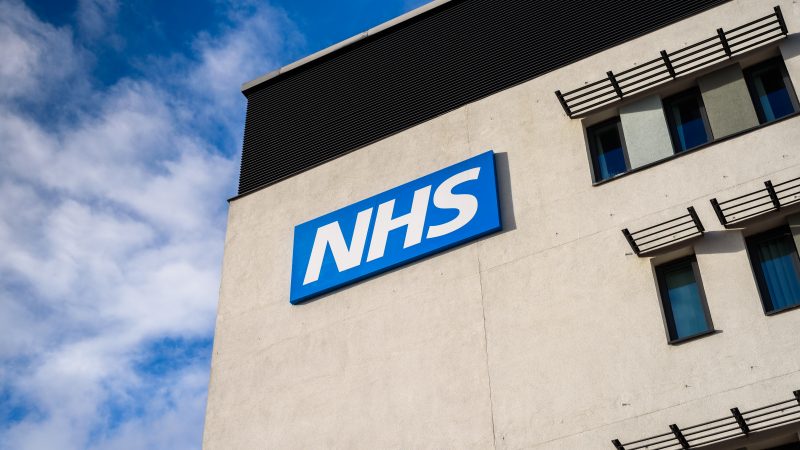
The Royal College of Nursing (RCN) has confirmed that nurses across many hospitals and other NHS care settings have voted to strike, for the first time in the organisation’s 106-year history, in pursuit of a better pay deal.
The RCN announced this afternoon that the industrial action had been approved, following the launch of the college’s first ever statutory ballot of members across all the countries of the UK about industrial action last month.
General secretary Pat Cullen said that “anger has become action” and warned that “our members are saying enough is enough”. She added: “Our members will no longer tolerate a financial knife-edge at home and a raw deal at work.”
The ballot was launched following the government’s decision in July to award most NHS staff a 5% pay rise. Ministers claimed the pay offer would lead to frontline health care personnel receiving a salary increase of at least £1,400. The RCN has argued that nurses should get a pay rise of 5% above inflation.
Analysis from consultancy firm London Economics published today, and highlighted by the RCN when launching the ballot, showed that nurses’ pay decreased by nearly twice as much as the pay of all private sector employees between 2011 and 2021. Analysts found that nurses’ pay dropped by 6% in real terms over the decade.
A survey of NHS staff recently found that some nurses are not eating at work in order to feed and clothe their children. More than a quarter (27%) of trusts already operate food banks for staff, and another 19% plan to open one.
Two-thirds (68%) of trusts reported that its workers are leaving for better terms and conditions elsewhere and that this is having a “significant or severe impact” and exacerbating existing recruitment and retention problems.
Nearly two thirds of the British public support nurses taking strike action, according to a recent YouGov poll. The online poll of just under 1,800 UK voters in September saw 65% vote to support nursing strike action. 75% said there are not enough nursing staff employed in the NHS for safe care.
Commenting on the ballot result, Wes Streeting said there were no strikes during Labour’s time in office and argued that “if we were in office today, we would be talking with the RCN and doing everything we can to prevent these strikes”.
The Shadow Health Secretary added: “Government ministers spent the summer dodging calls and requests for meetings from the Royal College of Nursing. It is unacceptable negligence. The Conservatives have stopped governing and it is nurses and patients who will be made to pay the price.”
Head of health at UNISON Sara Gorton described the outcome of the ballot as a “loud a wake-up call to the government” and warned that now is the time for “swift action to avoid a damaging dispute” with other NHS employees considering a strike.
“NHS managers are fighting a losing battle. They know pay and the lack of staff are the main reasons why health workers are leaving at alarming rates. The NHS cannot keep patients safe without improving staffing levels. Boosting pay is a crucial first step in dealing with the NHS workforce crisis,” she added
“The government must put pay right to spare the NHS, its staff, and all those relying on its care, from a dispute no one wants to see.”




More from LabourList
Government abandons plans to delay 30 local elections in England
‘The cost of living crisis is still Britain’s defining political challenge’
‘Nurses are finally getting the recognition they deserve’